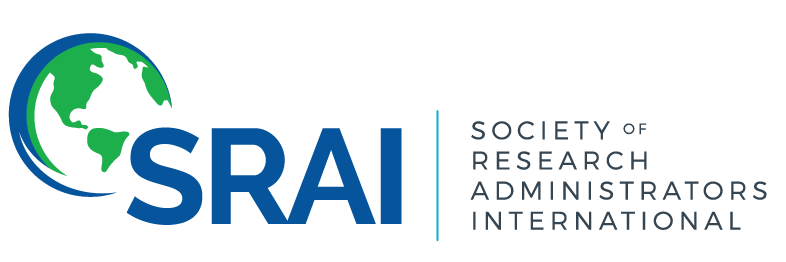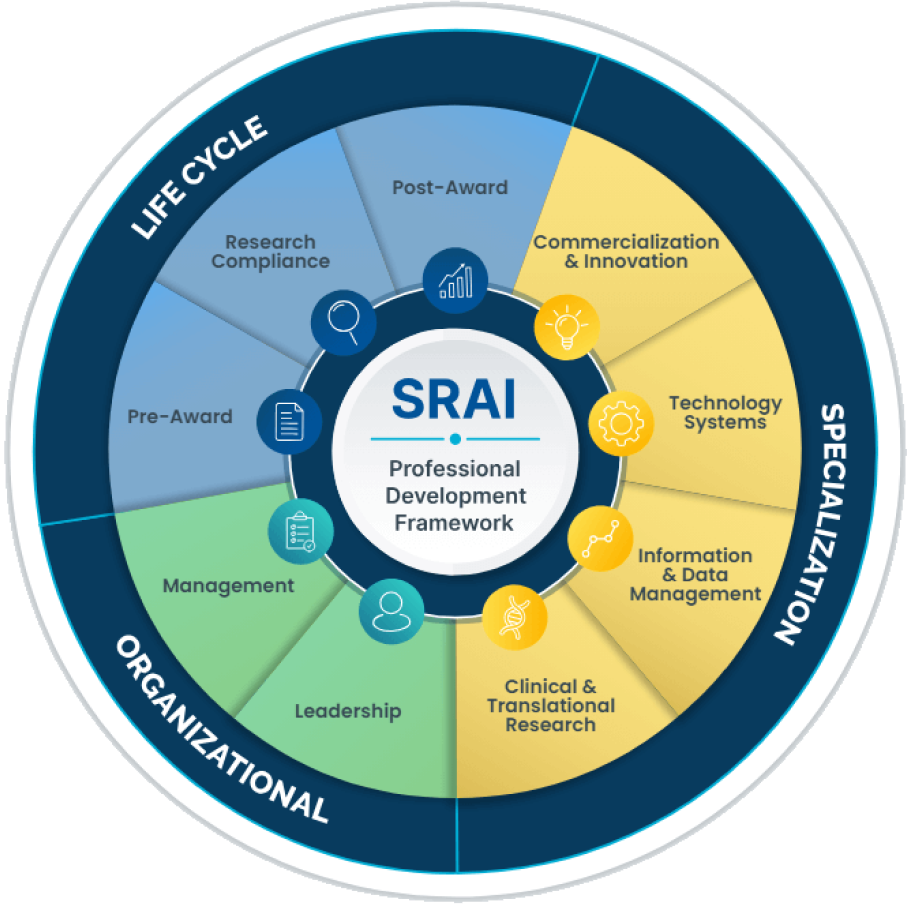This one-year, three-phase conference project span from January 1 to December 31, 2024, and aimed to gather broad, nationwide insights into research administration needs. Phase 1 comprised five virtual focus groups—spanning the Midwest, South, Northeast, West, and a mixed-region session—to capture diverse perspectives on research infrastructure challenges. Fifty-three research administration leaders and human resource professionals participated, sharing candid views on workforce needs and gaps. Their anonymized input was then aggregated by Datagain, Inc. to inform Phase 2.
In Phase 2, the project team developed an anonymous 38-question survey, distributed nationally from June 17 to July 17, 2024, yielding 2,441 responses from a variety of institutions (R1, PUI, and R2). This robust dataset, publicly available at https://doi.org/10.6084/m9.figshare.28607711.v1, paved the way for Phase 3—a half-day “Research Administrators Classification Action Workshop” during the 2024 SRAI Annual Meeting in Chicago. At the workshop, 26 research administrator leaders convened to review survey results, engage in Q&A, and brainstorm best practices and strategies for establishing a national job classification system. By integrating training sessions and networking opportunities from the broader SRAI Annual Meeting, the workshop offered participants immediate and long-term takeaways for strengthening research administration.






